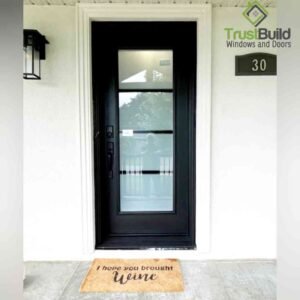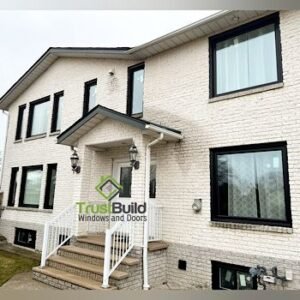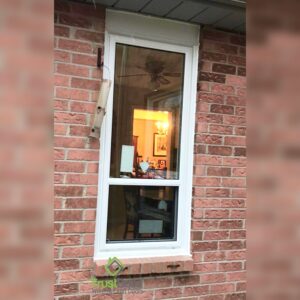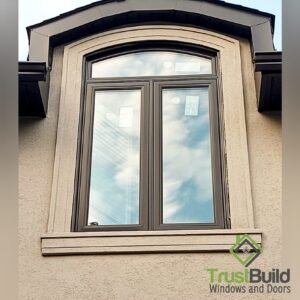Masonry Cut Out Basement Windows: Everything You Need to Know
Why Cut Masonry for Basement Windows?
Adding or expanding a basement window in a masonry wall is a smart investment for homeowners. It improves natural lighting, ventilation, safety, and property value. Many homeowners undertake this project for egress compliance, basement renovations, or energy efficiency improvements.
Installing a proper basement window allows fresh air to circulate, reduces humidity buildup, and can help meet emergency exit requirements. Additionally, increasing natural light makes a basement feel more like a comfortable living space rather than a dark storage area. If you are planning to transform your basement into a living area, additional or expanded windows are often required by building codes to ensure safe egress in case of emergencies.
Another key benefit is increased property value. Homes with well-lit, legally compliant basements have higher market appeal and can be sold at a better price. Many homebuyers prioritize properties with finished basements that meet modern safety codes.
Trust Build: Professional Assistance with Blueprints and Permits
At Trust Build, we take care of every detail, ensuring a smooth and professional installation process. We assist homeowners with blueprints and obtaining city permits, making sure that the project is fully compliant with local building codes.
Our team provides a step-by-step explanation of the process, ensuring customers understand each phase of the installation. From initial consultation to final installation, we prioritize quality craftsmanship and clear communication.
Many homeowners are unfamiliar with the permit process, which can be time-consuming. Trust Build ensures that all legal requirements are met, avoiding unnecessary delays or fines.
Step-by-Step Masonry Cutting Process
Step 1: Planning & Permits
Trust Build assists with obtaining necessary permits and creating blueprints for the project. We ensure all work meets safety and building regulations.
Step 2: Marking the Cut
We outline the exact dimensions of the window using chalk, verifying all measurements before cutting.
Step 3: Cutting the Masonry
Using professional-grade diamond blade saws, we make precise cuts to ensure a clean and sturdy window opening.
Step 4: Removing the Masonry
Our team carefully removes the masonry while preserving structural integrity.
Step 5: Installing the Lintel
A steel or concrete lintel is installed to reinforce the structure above the new window opening.
Step 6: Window Installation
The new window is securely fitted, aligned, and sealed for long-term durability.
Step 7: Sealing & Waterproofing
We apply waterproof sealant around the edges to prevent moisture leaks, ensuring energy efficiency.
Energy Efficiency & Insulation Benefits
Upgrading to modern, insulated basement windows can save homeowners up to 20% on energy costs annually. Double or triple-pane windows help regulate indoor temperatures, reducing heating and cooling expenses.
FAQs: Basement Window Masonry Cutting
How much does it cost to install a basement window?
The cost varies between $1,500 and $7,000 depending on size, materials, and labor. Factors such as structural modifications, permits, and window type can also affect the total price.
How do I know if I need a permit?
Most municipalities require permits for structural modifications, including cutting masonry for basement windows. Trust Build assists with permit applications to ensure compliance with local building codes.
Are egress windows required by law?
Yes, if a basement is used as a living space, it must have an egress window for emergency escape. The window must meet specific size and height requirements set by building codes.
What is the best window material for basements?
Vinyl and fiberglass windows are the best options for basements because they offer durability, insulation, and low maintenance. These materials resist moisture damage and help improve energy efficiency.
Does a basement window improve property value?
Yes! A well-installed basement window enhances safety, increases natural light, and makes the space more functional. Homes with egress-compliant basements typically have higher resale value.





